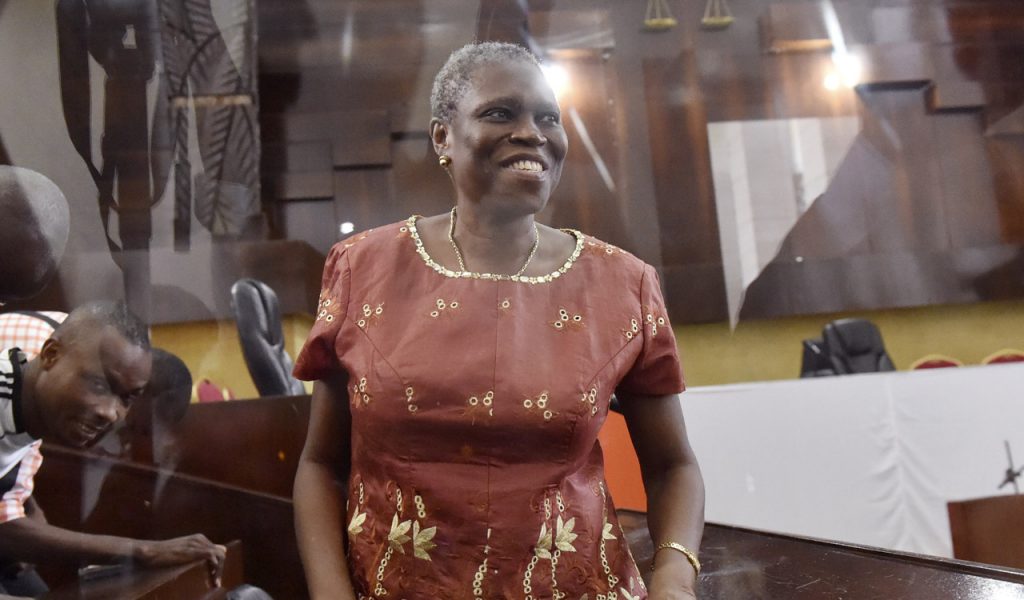The wife of former Ivorian president Laurent Gbagbo is currently being held in Abidjan after being convicted of “attacking state authority” over her role in the post-election violence that left more than 3,000 people dead.
The International Criminal Court (ICC) in The Hague had wanted to prosecute Gbagbo in the case, issuing a warrant for her arrest but Ivorian authorities refused to hand her over, claiming that she would face a fair trial at home.
Ivorian prosecutors had originally held off trying her for crimes against humanity while negotiations were ongoing with their counterparts in The Hague.
She will now answer allegations of crimes against prisoners of war, crimes against the civilian population as well as crimes against humanity, according to a charge sheet obtained by AFP.
Her husband is currently on trial at the ICC for crimes also linked to the unrest following his refusal to step down after the 2010 elections.
The post-election crisis was sparked by his refusal to recognise the victory of President Alassane Ouattara in the November 2010 presidential poll.
– ‘Fanciful accusations’ –
One of Simone Gbagbo’s lawyers, Mathurin Dirabou, has described the charges against her as “fanciful”.
“These accusations have been created to please certain parts of the international community. It’s a pity. Enough is enough,” he added.
Joel N’Guessan, a spokesman for current President Ouattara’s Rally of Republicans Party (RDR), insisted that the second trial was not excessive.
Gbagbo, nicknamed the “Iron Lady”, appeared in court on May 9 during a pre-trial hearing flanked by 12 other defendants where she was the only one not to be handcuffed.
The 66-year-old was welcomed into the courtroom by several supporters whom she greeted as she took to the witness box, even hugging well-wishers when she left but declining to speak to reporters.
The upcoming trial will open just five days after Ivory Coast’s Supreme Court rejected her final appeal against her 20-year sentence.
The decision to hold the legal proceedings in Ivory Coast has been seen as a snub to the ICC after Ouattara said in February that he would “not send any more Ivorians” to The Hague, insisting that his country has an “operational justice system”.
Ivory Coast, the world’s top cocoa producer, has struggled to return to normalcy after years of civil war, which effectively divided the country between the mainly Christian south and the largely Muslim north.

